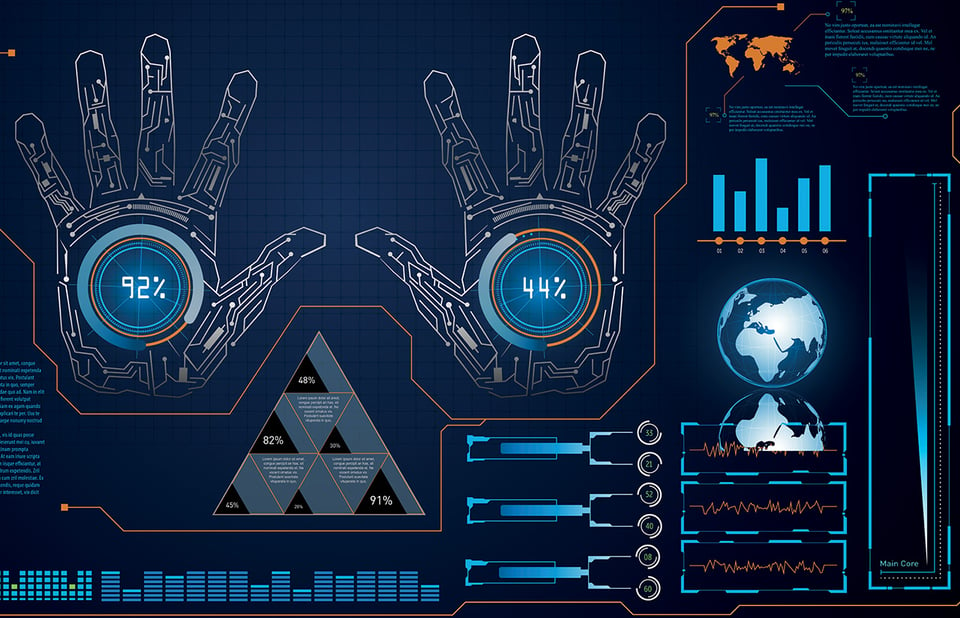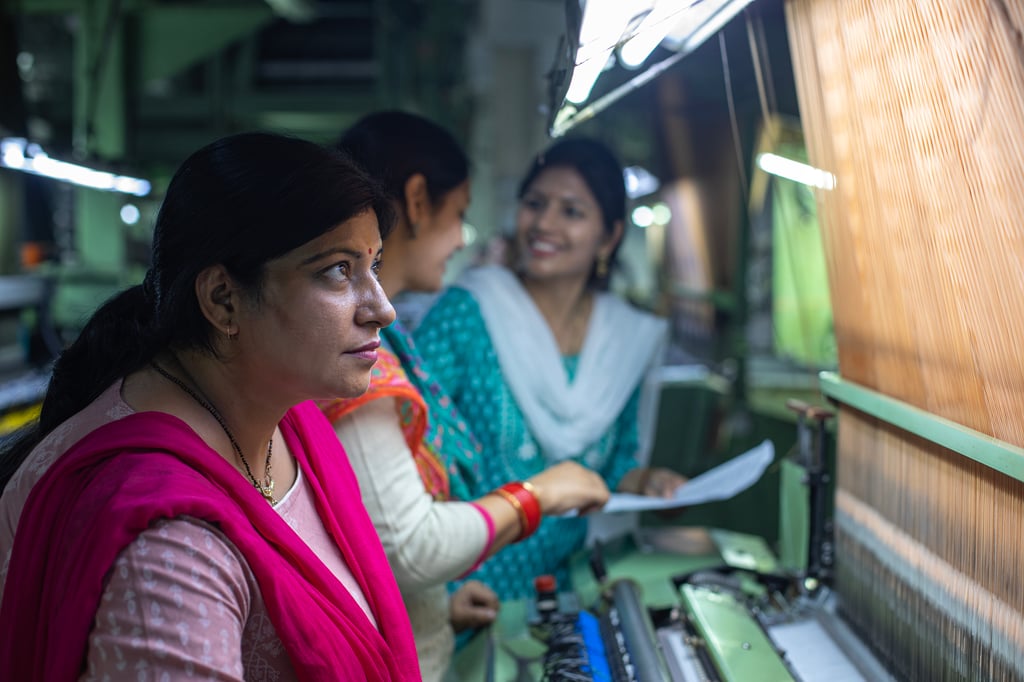The world of safety is fast changing and five megatrends are driving this transformation. Listen to LRQA's Group Health, Safety, Environment and Security Director, James Pomeroy, share his insights on how these trends will inform HSE strategy.
The world of safety is undergoing a significant transformation and we foresee an emergence of megatrends, which will influence how we view, manage and administer safety over the next ten to twenty years.
Technology is the truly transformative megatrend – artificial intelligence, along with robotics, automation, data and monitoring, will play a significant role in preventing harm and eliminating or reducing safety risks.
Data science allows us to understand patterns across vast amounts of data will help us to look ahead and try to predict accidents before they happen.
We traditionally view risks as physical risks – now, we see the rise of soft risks such as stress, fatigue, mental health and well-being that impact safety.
We are seeing a change at both ends of the employment pattern – a younger workforce as well as an older workforce who chose to stay in employment longer – and they both are very different. How do we manage these generational challenges? How do we adapt to the gig-economy?
Data science and research is shedding new light on the well-established safety theories and there is a need for a fresh and informed perspective on safety theories and how we manage contemporary safety challenges.
A new challenge
Traditional ways of dealing with safety need to change and safety professionals should consider these megatrends to view, manage and administer safety strategies. There is no silver bullet but we can lean on data science and technology to address the safety challenges we face in our day-to-day work, as well as continuing to use long-established safety theories and models.









